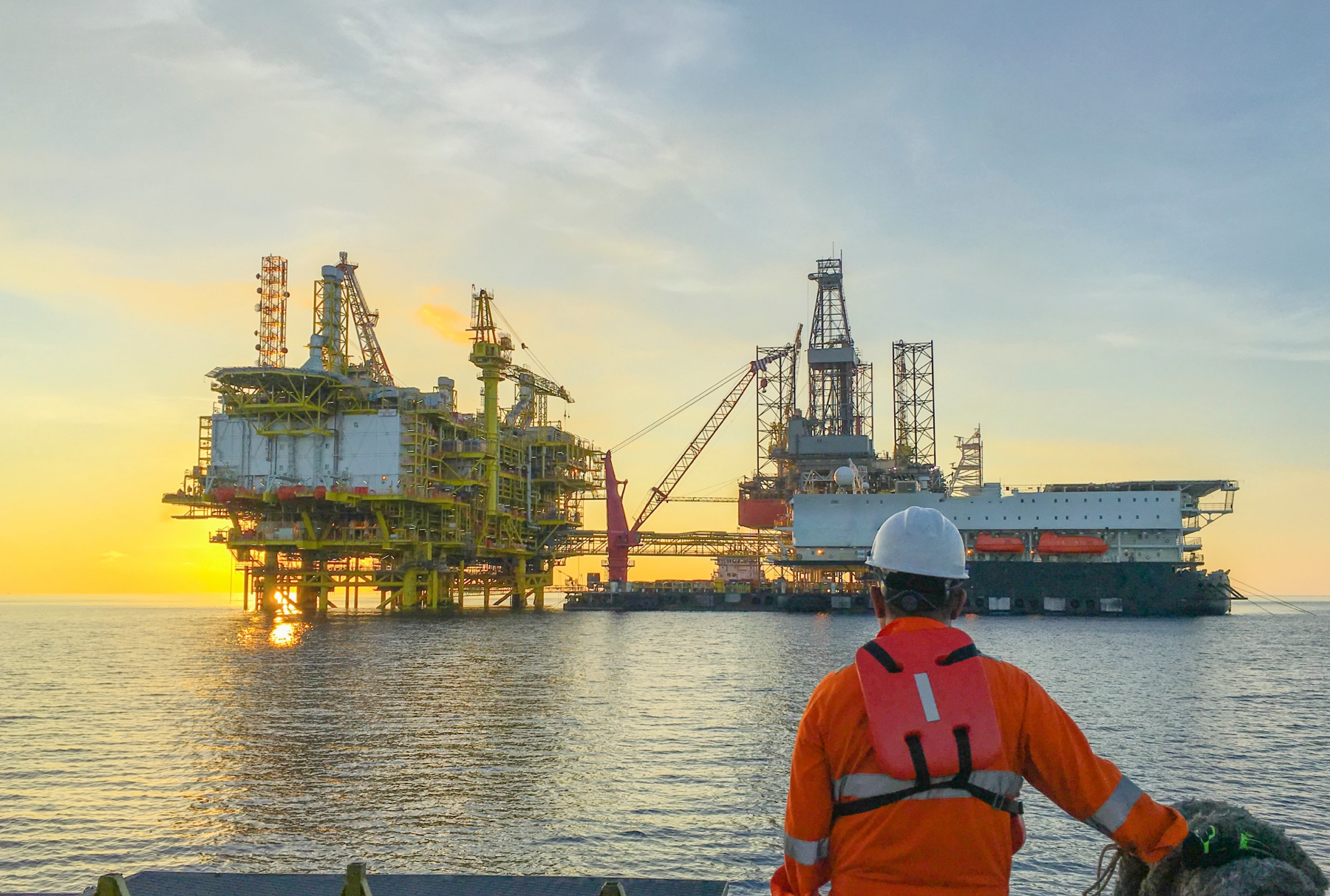Oyinkepreye Lucky Bebeteidoh
Experimental investigation into adulterated marine diesel fuel and its effects on marine engines and the environment of Nigeria’s Niger Delta Region.
Email: o.l.bebeteidoh2@ncl.ac.uk
Project supervisors
Project description
I am carrying out a detailed investigation into the effect of adulterated diesel on marine diesel engines and stand by diesel generators. I am also investigating the resultant emissions as they affect the Niger Delta people of Nigeria.
Objectives
- determine the chemical and physical properties of adulterated diesel from the creeks of the Niger Delta
- evaluate the effect of adulterated diesel on the combustion and emissions of marine diesel engines operating in the region
- conduct a comparative analysis on adulterated diesel from the Niger Delta and clean diesel from the UK
- carry out a social impact assessment of the activities of the refiners
Methodology and results
The research focused on an experimental investigation of locally refined diesel samples from the Niger Delta Region of Nigeria. I determined their hydrocarbon composition. I also determined physicochemical properties such as Density, Flash Point, Cetane Index, Pour Point, Water Content, Kinematic Viscosity and Distillation points. I used a Gas Chromatograph (GC) coupled to a Mass Selective Detector (MSD) to assess the levels of polycyclic aromatic hydrocarbons (PAH) and monocyclic aromatic hydrocarbons (MAH).
This gave more detailed information on the composition of each sample.
I also investigated the sustained impact of the activities of refiners on their host community’s farmlands, rivers and estuaries. I used a quantitative research method in this study through the administration of questionnaires.
Results from the physicochemical properties test showed major differences in some parameters. The GC/MSD results showed the presence of high levels of volatile hydrocarbons in all the local samples. The quantitative study showed the activities of the refiners has a very high impact on farmlands and fishing areas.
The next stage of work will be emission testing. In this stage, I will run the samples in an engine test rig. This will determine the level of nitrogen oxide (NOx), unburned hydrocarbons (HC), carbon monoxide (CO) and particulate matter.
Interests
Marine fuel and emission analysis
Qualifications
- BTech Marine Engineering from Rivers State University, Nigeria
- MSc Manufacturing Engineering from Coventry University, United Kingdom
